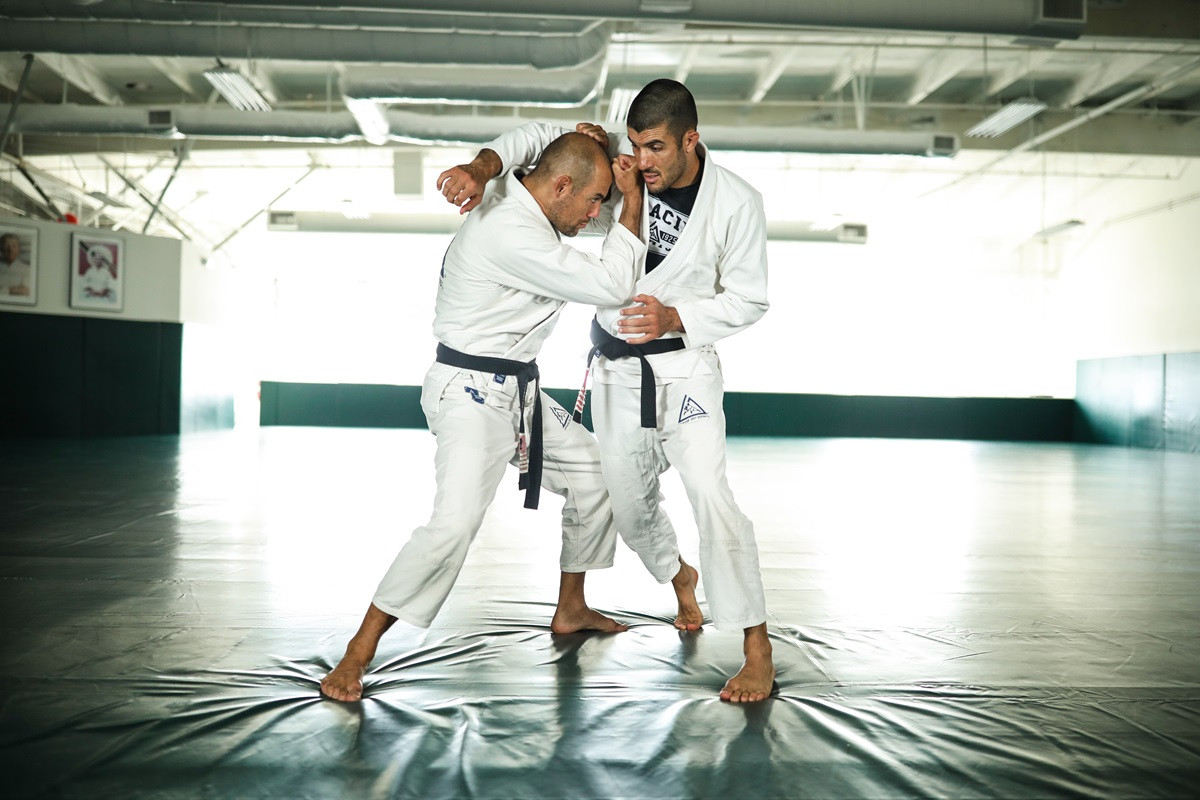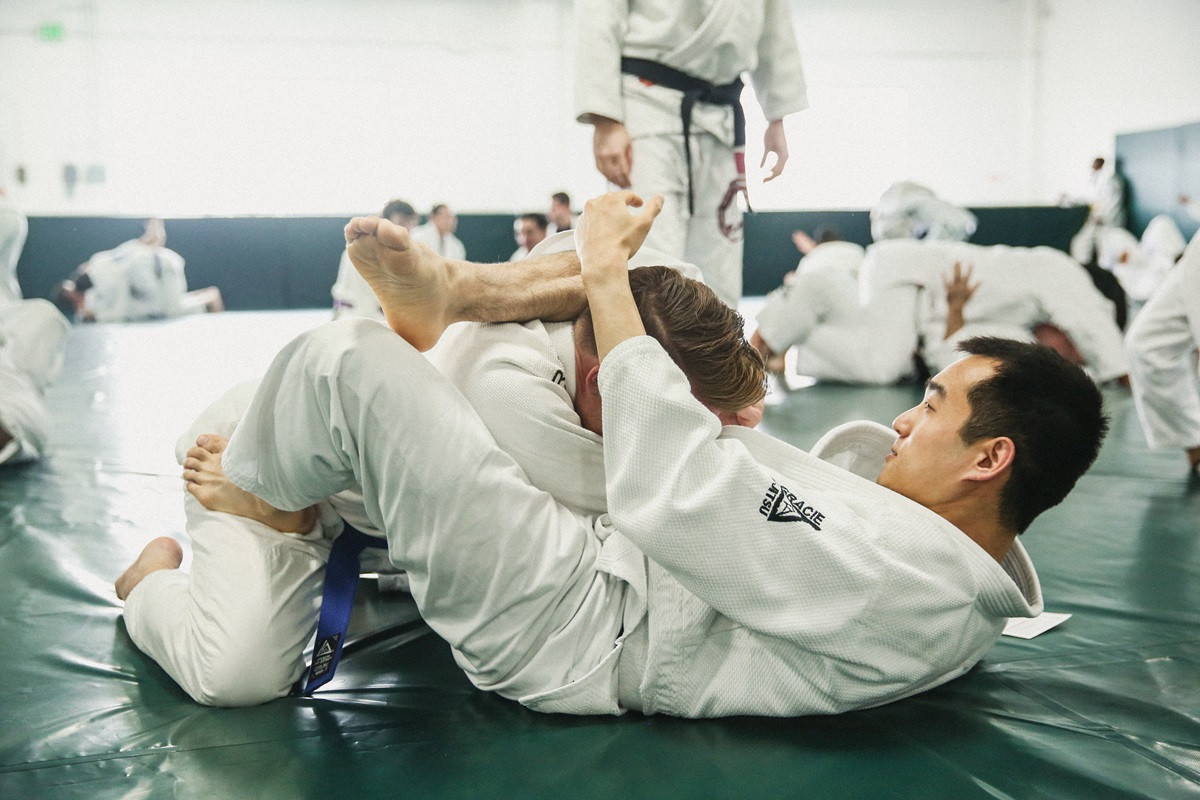JJ Over 50
You can start doing jiu-jitsu at virtually any age. Perhaps more so than any other martial art, it is designed to give people the ability to defend themselves even if their opponent is stronger than them, more agile than them, or younger than them. Even if you’re in your fifties, you can start learning jiu-jitsu and eventually become skilled enough to defend yourself in an altercation.
However, the way that you go about learning jiu-jitsu in your fifties should not be the same as someone who is in their teens or twenties. This post will explore some of the alterations that people who are middle aged should make to ensure they stay healthy, engaged, and committed to learning jiu-jitsu.

Preparing Your Ego
Whenever starting something new, it’s important to keep a positive outlook and to recognize that efforts typically match rewards. For jiu-jitsu, this means putting in a lot of time and sweat on the mat will typically translate into learning jiu-jitsu more quickly than someone who is not as dedicated. This is a lesson that we learn time and time again when we’re young.
It can also be something that we forget as we get older, largely because most of the skills and hobbies people have in our forties and fifties are the same skills and hobbies they’ve been doing for years. The time and effort to develop the skills has already been invested, so the difficult phase of being a beginner is sometimes decades in the past.
To put it bluntly, getting your butt kicked is a blow to the ego, and it can be especially hard if you are used to being an expert in other areas of your life AND when the person who is besting you physically is half your age. Even before you walk through the door on your first day, you need to accept that being submitted over and over again is part of the learning process in jiu-jitsu, and that letting go of your ego is the only way to develop as a fighter. You need to remember how to be a beginner.
Preparing Your Body
As jiu-jitsu great Rickson Gracie advises in the below video, “Make jiu-jitsu work for you.” For people who are starting jiu-jitsu at 50, what this means is that you should listen to your body. You may not have the same level of mobility or flexibility as someone who is 18, so you shouldn’t try to do exactly what they do. You need to be a bit more conservative in your approach.
Of course, this does not mean that certain moves are just off-limits. Instead, Rickson explains that making small adjustments to angles and techniques can be the difference between something that feels like a potential injury and something that feels comfortable.
Another important thing to consider is that people in their forties and fifties will take longer to recover than people in their teens and twenties. Someone who is 26 and in peak physical shape is going to bounce back from a strenuous workout without missing a beat. If you’re 52 and haven’t seriously trained in ten years, you are going to have a very different experience recovering, and you shouldn’t expect your body to respond to demanding physical activity in the same manner as someone who is half your age.
Appreciating Your Advantages
Starting jiu-jitsu later in life can be difficult because it rips you out of your comfort zone. However, one of the benefits is that you’ll be more mature than many of the other people in your class. In this sense, maturity means you’re less likely to be impulsive, whereas someone who is in their teens is more likely to be governed by their emotions. They may also rely more on their raw strength than technique, but older people have patience and prudence on their side.
As Rickson advises, the reverse is true for older people. It is unlikely for a person in their fifties to be able to defeat an opponent in their twenties by using strength or agility, but they can still be victorious if they rely on technique. As noted above, the techniques of jiu-jitsu were designed to be a counterweight to strength and agility. If you can patiently use these techniques and be guided more by tactical reasoning than emotion, you will be able to adequately defend yourself against a more hotheaded opponent who is easily led into traps.
Beginning jiu-jitsu later in life is not for the faint of heart. More than anything, it requires a decent amount of humility because you need to recognize your own limitations and lean more heavily on technique instead of strength. However, it can also be a deeply rewarding experience where the virtues that come with age can help make you more capable of defending yourself.


